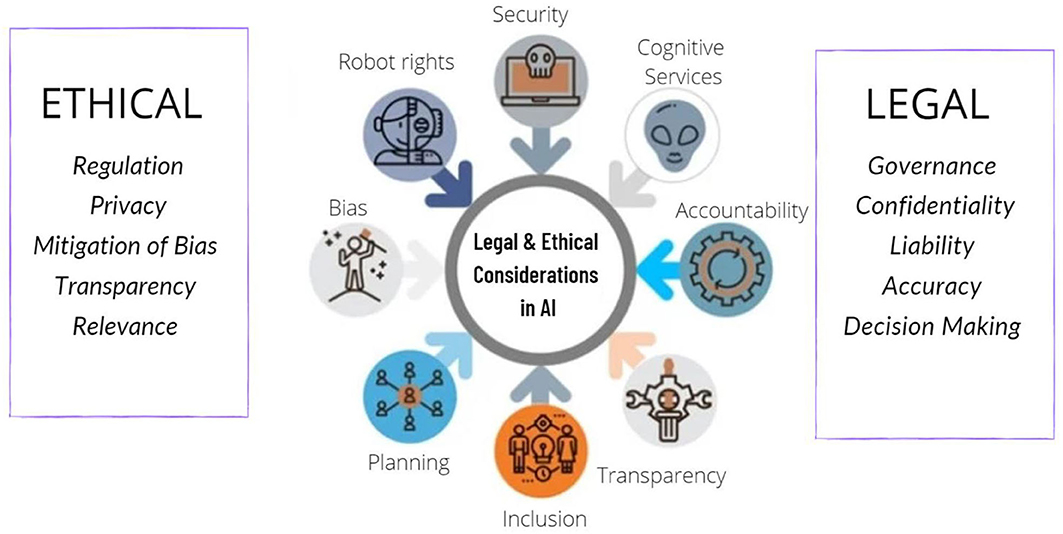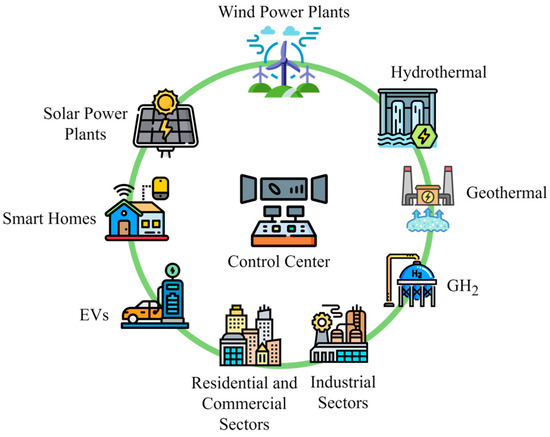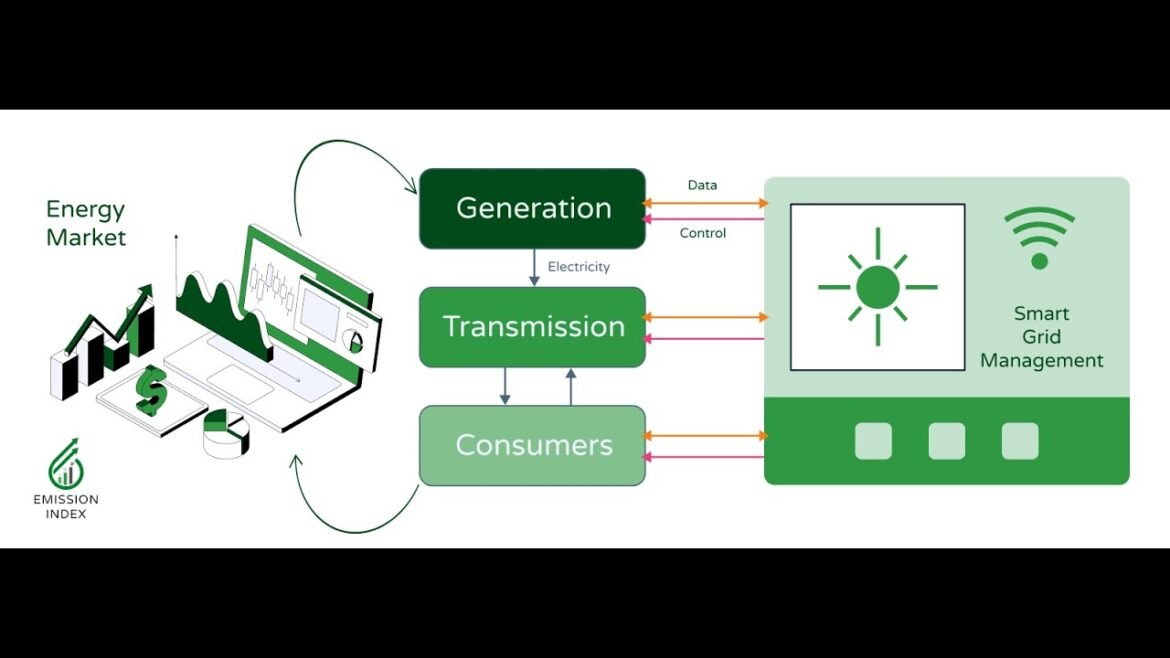
Introduction
Overview of Smart Grid Management
Smart grid management involves the integration of digital technology into electrical grids, enhancing the way electricity is delivered, monitored, and consumed. It promotes real-time communication between utilities and consumers, allowing for a more efficient, reliable, and resilient energy system. Picture your home appliances automatically adjusting their usage patterns based on energy prices—this is the future that smart grids promise.
Importance of AI in Smart Grids
Artificial Intelligence (AI) plays a pivotal role in optimizing smart grid management. By analyzing massive datasets generated by the grid, AI can identify trends and patterns, leading to smarter energy distribution. Here are a few key benefits:
- Enhanced Efficiency: AI algorithms improve energy consumption forecasting.
- Predictive Maintenance: AI anticipates equipment failures, reducing downtime.
- Consumer Engagement: AI-driven systems offer personalized insights to consumers.
Ultimately, integrating AI into smart grids not only boosts operational efficiency but also paves the way for a sustainable energy future, making it a game-changer for utility providers and consumers alike.

Understanding Smart Grid Management
Components of Smart Grids
Smart grids are envisioned as the next evolution of energy distribution, comprising several critical components that work in harmony. These include:
- Advanced Metering Infrastructure (AMI): Smart meters that provide real-time data on electricity usage.
- Energy Management Systems (EMS): Tools that optimize energy production and consumption.
- Distribution Automation: Technology that enhances the reliability and efficiency of electricity distribution.
- Communication Networks: Ensures seamless data flow between utilities and consumers.
With these elements in place, smart grids facilitate a more dynamic relationship between energy providers and users.
Challenges Faced in Grid Management
While exciting, smart grid management comes with its own set of challenges. Transitioning to these advanced systems can be complex due to:
- Infrastructure Costs: Upgrading existing grids requires significant investment.
- Cybersecurity Risks: Increased connectivity brings potential vulnerabilities.
- Regulatory Hurdles: Adapting to various legal frameworks can delay implementation.
Navigating these challenges is crucial for realizing the full potential of intelligent energy systems, fostering a brighter, more sustainable future for all.

Role of AI in Smart Grid Optimization
Data Analytics for Grid Efficiency
As we delve deeper into the role of AI in smart grid optimization, data analytics emerges as a game-changer. By leveraging vast amounts of data generated from smart meters and sensors, AI can uncover valuable insights that enhance grid efficiency. For instance, utility providers can pinpoint peak demand times and adjust energy distribution accordingly. This not only boosts operational efficiency but also helps lower costs for consumers.
- Real-time Monitoring: AI tracks energy flow and usage patterns instantly.
- Demand Forecasting: Predicts energy needs based on historical data and trends.
Predictive Maintenance with AI
Another exciting application of AI is predictive maintenance. Rather than waiting for equipment to fail, AI algorithms analyze historical performance data to forecast potential issues. This proactive approach ensures:
- Reduced Downtime: Maintenance is conducted before problems escalate.
- Cost Savings: Minimizing emergency repairs leads to lower operational costs.
Imagine the peace of mind that comes with knowing your energy provider is using advanced technology to keep the grid running smoothly and efficiently!

Implementing AI Solutions in Grid Management
Integration of AI Technologies
As utilities embark on the journey of implementing AI solutions in grid management, integrating advanced technologies becomes pivotal. Leveraging AI seamlessly involves incorporating machine learning algorithms, IoT devices, and cloud computing. Utilities can start by:
- Enhancing Data Collection: Utilizing smart sensors to gather real-time data.
- Leveraging Cloud Platforms: Facilitating robust data processing and storage.
- Collaboration: Partnering with technology firms to develop tailored AI solutions.
This approach not only streamlines the integration process but also enhances overall grid management capabilities.
Benefits and Impacts of AI in Smart Grids
The impacts of AI in smart grids are profound and multifaceted. Here are some standout benefits:
- Increased Reliability: AI enhances grid stability by predicting outages and anomalies.
- Sustainability: Reduced energy waste through optimized consumption patterns.
- Enhanced Customer Experience: Personalized services and real-time updates for consumers.
With such benefits, the fusion of AI and smart grids holds the promise of a more efficient and environmentally-friendly energy future, making it an exciting time for utilities and users alike!

Future Trends and Innovations
AI Applications for Renewable Energy Integration
As we look toward the future, one of the most exciting trends is the integration of AI applications in renewable energy sources. With the growing emphasis on sustainability, AI is set to revolutionize how we harness wind, solar, and hydroelectric power. For instance, AI algorithms can predict solar power generation based on weather patterns, allowing utilities to optimize energy distribution. Key applications include:
- Real-time Monitoring: Tracking renewable energy output efficiently.
- Smart Grid Balancing: Ensuring stable energy supply by managing fluctuations in generation.
Advancements in Autonomous Grid Management
Moreover, advancements in autonomous grid management are on the horizon. Imagine a grid that can self-diagnose issues and adjust operations without human intervention! The future could feature:
- Self-healing Technologies: Automatically rerouting power during outages.
- AI-driven Decision Making: Real-time analytics for optimal resource allocation.
These innovations promise a more reliable, efficient, and greener energy landscape for all, showcasing how AI is transforming the future of smart grids.

Regulatory Considerations and Ethical Implications
Policy Framework for AI in Grid Management
As AI becomes increasingly integrated into smart grid management, establishing a solid policy framework is essential. Governments and regulatory bodies must develop guidelines that ensure these technologies are implemented responsibly. This framework should address:
- Data Privacy: Ensuring consumer information is protected.
- Standardization: Creating uniform protocols for AI technologies across utilities.
- Transparency: Mandating clear communication about how AI affects consumer energy usage.
By establishing these policies, we can foster innovation while safeguarding public interests.
Ethical Usage of AI in Smart Grids
Equally important is the ethical usage of AI in smart grids. This encompasses fairness, accountability, and the importance of public trust. Key considerations include:
- Bias Avoidance: Ensuring AI systems are free from biases that could dictate unfair energy distribution.
- Public Engagement: Involving consumers in discussions about how AI is used.
Navigating these regulatory and ethical landscapes will be crucial for the successful, responsible adoption of AI technologies in smart grids, ensuring advancements benefit everyone equally.

Case Studies and Success Stories
Real-World Applications of AI in Grid Optimization
Across the globe, various utilities have harnessed AI to optimize grid management, yielding impressive results. For instance, a major utility in California implemented AI-driven predictive analytics to enhance energy forecasting. This initiative allowed for better alignment of renewable energy resources with consumer demand. Similarly, utility providers in Europe have adopted AI to manage smart meters, proactively identifying outages before they occur.
- Enhanced Efficiency: These AI applications led to a 20% reduction in operational costs.
- Increased Reliability: Outage prediction tools improved response times significantly.
Outcomes and Lessons Learned
The outcomes of these initiatives highlight invaluable lessons. Key takeaways include:
- Adaptation is Key: Successful implementation depends on adapting AI solutions to fit local contexts.
- Continuous Learning: Regularly updating algorithms and systems ensures sustained improvement.
These case studies not only showcase the potential of AI in smart grid optimization but also serve as blueprints for other regions looking to embark on similar journeys.

Conclusion
Recap of AI’s Role in Smart Grid Management
As we’ve explored throughout this article, AI is increasingly central to the evolution of smart grid management. By applying data analytics, predictive maintenance, and autonomous technologies, AI enhances efficiency, reliability, and sustainability in energy systems. The integration of these advanced technologies holds immense promise, driving down costs and empowering consumers to make informed decisions about their energy use.
Looking Ahead: The Future of AI-Driven Grids
Looking ahead, the potential for AI-driven grids is boundless. We’re on the cusp of a transformative period where renewable energy integration will flourish, and autonomous systems will become the norm. Imagine a future where energy systems self-optimize in real time, maximizing resource efficiency and minimizing waste.
As we advance, continuous innovation, ethical considerations, and robust policies will be crucial in shaping a smarter, greener, and more responsible energy landscape for generations to come. The journey of exploring the role of AI in smart grid management is just beginning, and it looks brighter than ever!

